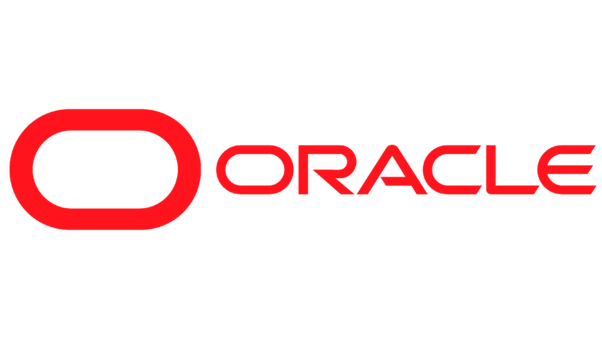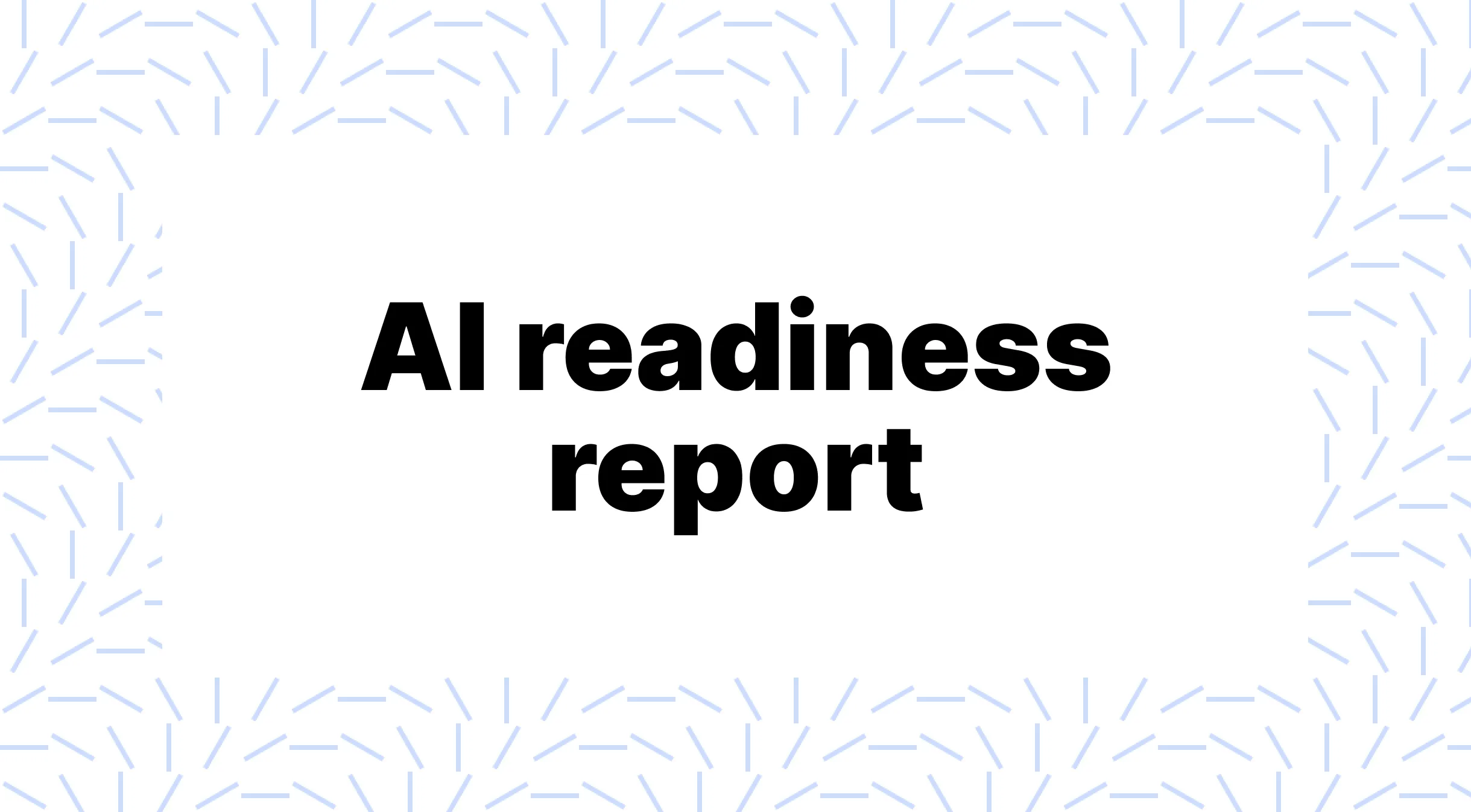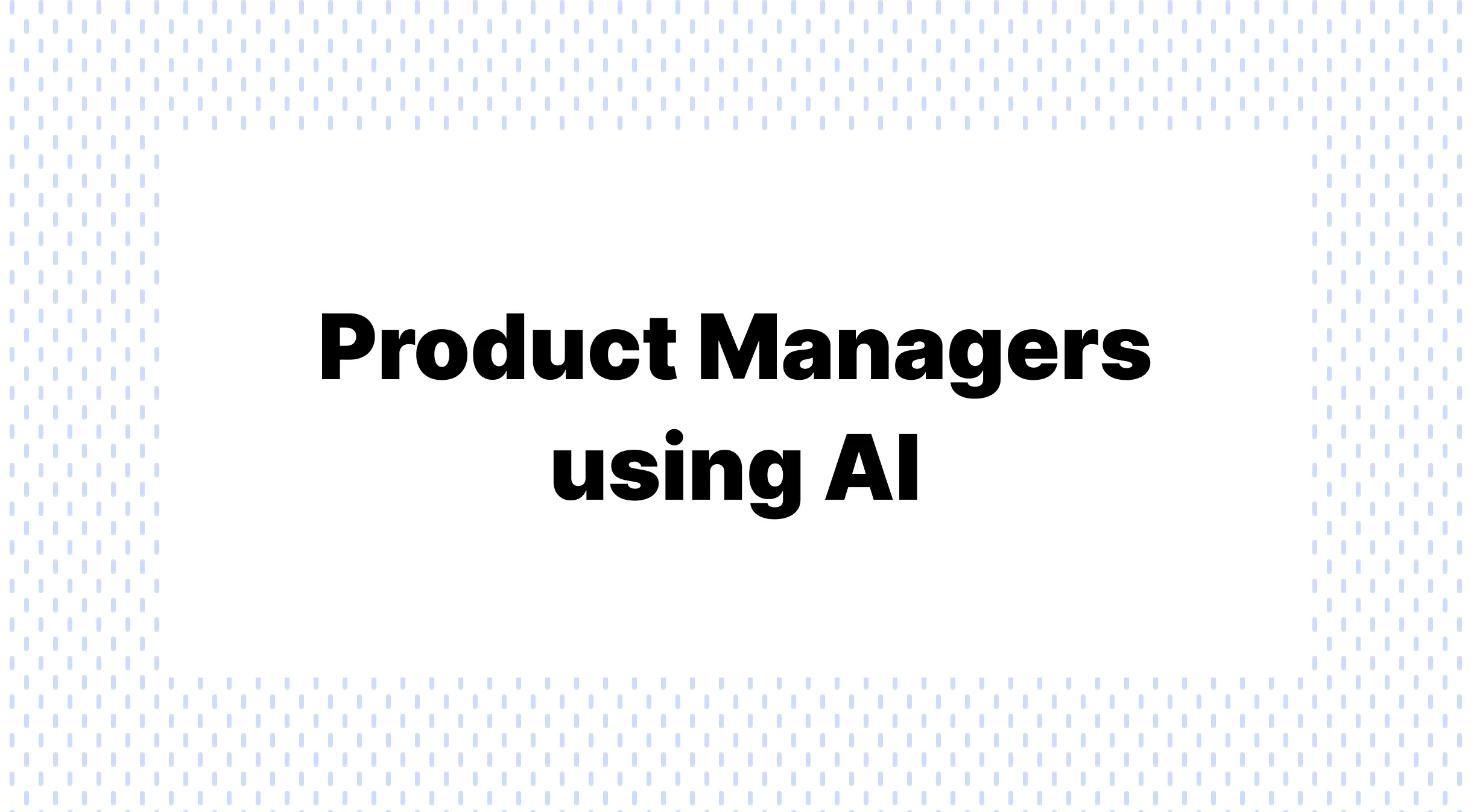Building an AI company as a solo developer
Today I’m posting an interview with Michael Jelly. Michael is a solo developer who built Omnipilot - Autocomplete and in-context generation everywhere on macOS.
These interviews are not so much to promote the products or businesses but instead, the people behind them.
Michael is based in the UK and has shipped several indie products over the years.
There’s a lot of talk on how AI can make people so much more productive and even mentions of the first ‘$Bn company of one’ being enabled because of it. While that may be a stretch for now, I want to highlight people who are much more efficient by using AI.
Michael is a great example of that—as you’ll see below.
If you’re a founder or professional who is using AI for work and would like to share your story, reach out here.
Can you briefly describe your role and company?
I’m the solo founder and CEO of Omnipilot. My role encompasses product development, marketing, customer support, and all other aspects of running the business (including taxes, ugh).
The company: Omnipilot is an AI copilot that works everywhere on macOS. It autocompletes text in any app from Apple Notes to Gmail, and can also do longer in-context generation using GPT-4, using context from the apps you recently used.
[I’ve just started using this and it’s pretty good actually! Autocomplete in notes, emails, browser - I’m early into testing it but I like it so far.]
How is AI being utilized in your company and role?
I use AI in all the mundane everyday writing I do, as it’s just a keyboard shortcut away from me. Emails, brainstorming in Apple Notes, writing code snippets, creating generative marketing and outreach content, I basically spend my entire day just orchestrating AIs instead of orchestrating employees.
For content I’m making in bulk, I tend to wrap AI calls in a bit of code or I have GPT set up in Excel so that I can just experiment with one example, and then make loads more.
I have an Excel spreadsheet with a list of SEO keywords I want to target, then I get GPT to turn each keyword into a title, then each title into a table of contents, then finally I get it to turn that table of contents into a full article targeting the keywords. I've attached a picture here of what that looks like:
I have also just started doing email outreach, where I find people's emails, have a bit of code that calls and summarises a web search to get more details about them, and then use Claude to write a personalized part of an email to that person.
Also Claude can literally just help you generate keywords of what those users might be searching, which you can then paste into Ahrefs/Semrush to prioritize.
What AI tools or platforms do you use most frequently in your day-to-day work?
On a day-to-day basis, the AI tools I rely on most are:
1. Omnipilot itself - I dogfood our own product extensively. Whenever I need to write an email, brainstorm ideas, generate code snippets, etc. I use the Omnipilot keyboard shortcut to bring up ChatGPT in context and have it assist me.
2. GitHub Copilot - As I'm building out Omnipilot, I lean heavily on Copilot for code generation and completion. It allows me to develop faster by suggesting entire functions and blocks of code based on the context. I find it especially useful for boilerplate and common patterns. Omnipilot then provides the same auto-complete functionality in my emails, messages, blog post writing, and Xcode which I find massively helpful. I really missed having Copilot when I wasn’t in VSCode!
3. AI-powered marketing tools (like the Excel example above) - I'm starting to leverage AI in our marketing efforts more and more. I use it to help ideate content topics, and generate drafts of blog posts and social media copy, and I even use it to code up micro-tools and scripts to automate marketing tasks. It allows me to punch above my weight as a solo founder. This is something I’m leaning hugely into at the moment, and may even start launching these micro-tools as I create them.
Claude Opus is amazing at being a marketing assistant. I get it to help me figure out who is going to use Omnipilot, where they hang out, and how I can reach them. The writing style is amazing for blog posts, it sounds so much more human. Both Claude and GPT4 know how to use the APIs of other products I use, whether it's posting content to Webflow's CMS or sending emails via Gmail.
I find coming up with scripts for videos difficult, but I've just found that Claude is great at that too, so it means I can easily just sit down and record various ones. I've barely started on this though.
How has your company approached the integration of AI into its processes and workflows?
I had already started using AI heavily while working on a previous product (Magicflow, a little productivity tracker that uses AI to categorise what you're working on and give you little bits of coaching feedback), and I found it so useful I started trying to find every way I could use it myself. I got stuck on context most of the time, it was too annoying to copy and paste an email chain into ChatGPT so I was frustrated that I couldn’t use it in a lot of places I had to type mundane text (Omnipilot has now saved me from this nightmare because it picks up all this context).
So the strategy was, reduce friction, build tools to wrap AI and generate more useful text, automate email onboardings, content generation etc.
The best thing has been reducing the friction to using it. I never used to use it to generate emails until I had a keyboard shortcut to invoke it in Gmail, ditto for my notes in Apple Notes. Making access to powerful AI models like ChatGPT frictionless and omnipresent via a keyboard shortcut lets you just invoke Omnipilot and start prompting the AI to assist with whatever task you're working on.
Specifically, any time I’m doing anything I now think how can I get this done with AI, how can AI help me frame the task, can I pair AI with a small bit of code to do this task with high quality at scale.
How do you think about training your team on AI?
Since it's just me at this stage, I haven't had to worry too much about getting other employees bought in or trained up on AI. But I make an effort to stay on top of the latest Twitter AI tips, Bens Bites etc. to see how people are using AI/what tools they are building, and then either build micro-tools myself to replicate that or go adopt the tools. I’m starting to share my learnings, use cases, and ideas with friends, our user community and soon Tiktok/the broader tech ecosystem. I believe the best way to get started with AI is to dive in and experiment. Start using tools like ChatGPT in your daily work and you'll quickly find areas where it can have a huge impact.
How has AI impacted the way you work?
The impact of AI on my own productivity and effectiveness has been insane. As a solo founder, I juggle a lot of balls. AI lets me operate at the level of a much larger team. I can generate a first draft of a blog post in minutes, auto-complete large chunks of code, and quickly spin up marketing experiments. It probably multiplies my output 5-10X.
How has AI impacted your company?
In terms of tangible business impact, AI has enabled Omnipilot to punch above its weight from the start. Our product development velocity is extremely high for a one-person team. And we're able to provide responsive, high-quality customer support thanks to AI assistance. It has allowed us to build and grow much faster than would otherwise be possible.
My workflows are strange here! Users can literally iMessage me, so I get a bunch of them, and I get Omnipilot to write the first reply. I also get emails, again from Gmail I just trigger omnipilot and I reply in no time at all.
Human in the loop, but Omnipilot has all the context about the company that I need and can easily read the incoming email straight out of the Gmail interface.
I may need to do some other stuff as this scales but it works right now for dealing with 10ish customer support requests a day in ~no time
What have the challenges been in adopting AI at work?
The main challenge has been keeping up with the incredibly fast pace of change and advancement in the AI space. Models are getting more capable by the week and new applications are emerging daily. It takes a lot of work to stay on the cutting edge. There are also thorny questions around data privacy, security, and responsible AI development that need to be carefully navigated.
For other companies looking to adopt AI, what do you recommend they do?
My advice for other companies: experiment like a maniac.
Don't wait for the "perfect" use case or project. Literally, shoehorn it in wherever you can until you have a really developed sense of its limitations, and every time there is a new model, try to push yourself again to use it to its limits.
Encourage your team to use AI anywhere in their daily work they think it might be helpful, share what you learn, and brainstorm how to fix it when it doesn’t work. Little AI meetings where you play around and brainstorm how to use AI to replace some drudgery that your team currently has to do can help you discover amazing new ways to use it.
Be aggressive in adopting the latest tools, even assign employees the task of going and using it valuably and sharing how it works, the best learning happens through hands-on usage. Iterate, adapt and build quickly as it’s all evolving at breakneck speed. And always keep the focus on how AI can empower and augment your team rather than replace them, because that way everyone is motivated to adopt it and accelerate their work. Good luck out there!
If you found this post valuable, share it with a friend, and consider subscribing. Feel free to suggest new topics for me to cover.
More like this
Start learning today
If you scrolled this far, you must be a little interested...
Start learning ->Join 3,107 professionals already learning










.png)





